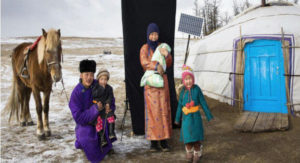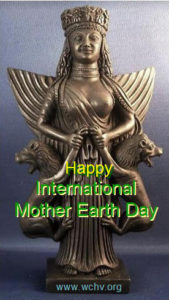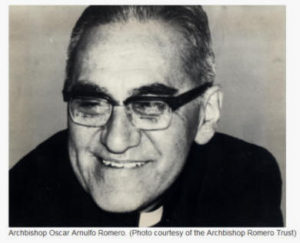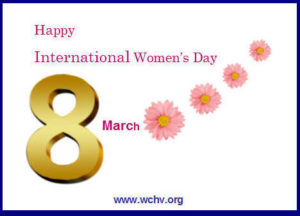 The Global Day of Parents is observed on the 1st of June every year. The Day was proclaimed by the UN General Assembly in 2012 with resolution A/RES/66/292 and
The Global Day of Parents is observed on the 1st of June every year. The Day was proclaimed by the UN General Assembly in 2012 with resolution A/RES/66/292 and
honours parents throughout the world. The Global Day provides an opportunity to appreciate all parents in all parts of the world for their selfless commitment to children and their lifelong sacrifice towards nurturing this relationship.
Since the 1980s, the important role of the family has increasingly come to the attention of the international community. The General Assembly adopted a number of resolutions,
and proclaimed the International Year of the Family and the International Day of
Families.
Emphasizing the critical role of parents in the rearing of children, the Global Day of
Parents recognizes also that the family has the primary responsibility for the nurturing
and protection of children. For the full and harmonious development of their personality,
children should grow up in a family environment and in an atmosphere of happiness, love and understanding.
The central goals of the 2030 Agenda for Sustainable Development adopted by the world leaders in 2015, focus on ending poverty, promoting shared economic prosperity, social development and people’s well-being while protecting the environment. Families remain at the centre of social life ensuring the well-being of their members, educating and socializing children and youth and caring for young and old.
In particular, family-oriented policies can contribute to the achievement of Sustainable
Development Goals 1 to 5 relating to doing away with poverty and hunger; ensuring
healthy lives and promoting of well-being for all ages; ensuring educational opportunities throughout the lifespan and achieving gender equality.
UNITED NATIONS



















